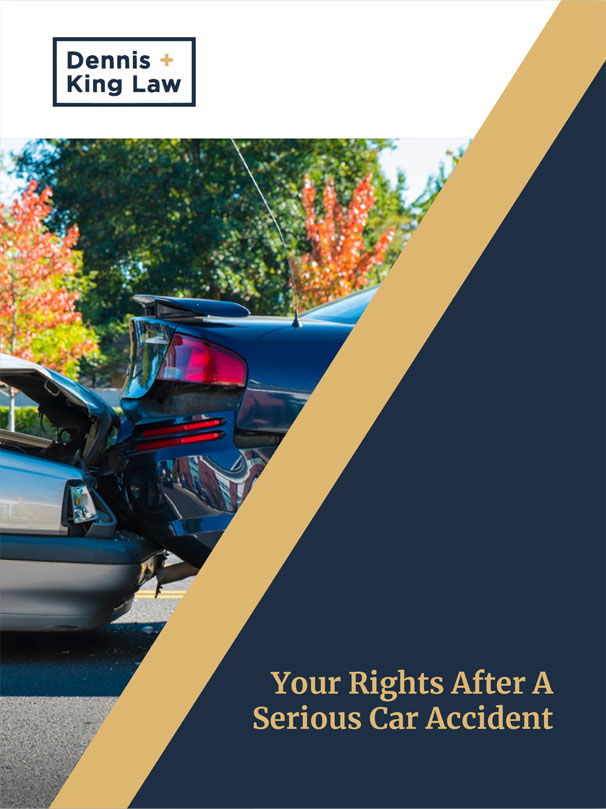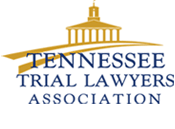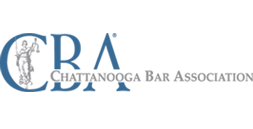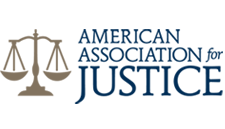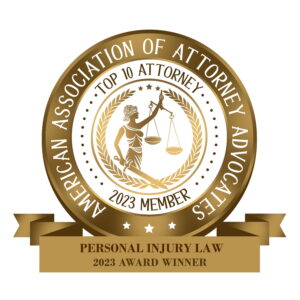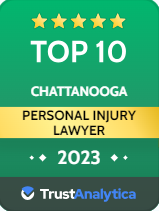Truck accidents often involve multiple parties, making it more difficult to determine who is responsible for injuries and damages. A lawyer, like a truck collision lawyer, knows that, unlike a typical car accident where liability usually falls on one driver, truck crashes can involve the driver, the trucking company, the vehicle manufacturer, a maintenance provider, or even a third-party cargo loader. Identifying all responsible parties is important for pursuing full compensation.
How Multiple Parties May Be Liable
In many truck accident cases, more than one factor contributes to the crash. Some of the most common liable parties include:
- Truck Driver. If the driver was speeding, distracted, or under the influence, they may be responsible for the accident. Violations of federal regulations, such as exceeding hours-of-service limits, can also indicate fault.
- Trucking Company. Employers are often responsible for their drivers’ actions. If the company failed to provide proper training, forced drivers to meet unrealistic deadlines, or ignored maintenance issues, they may share liability.
- Truck Manufacturer. If a mechanical failure, such as faulty brakes or defective tires, played a role in the crash, the manufacturer of the defective part may be responsible.
- Maintenance Providers. If a third-party maintenance company failed to properly inspect or repair the truck, they could be held accountable for any resulting accidents.
- Cargo Loaders. Overloaded or unbalanced cargo can make a truck difficult to control. If improper loading contributed to the crash, the company responsible for securing the load may be liable.
How Shared Liability Affects A Claim
Truck accident lawyers know that when multiple parties are responsible for a truck accident, each may be held accountable for a portion of the damages. Many states follow comparative fault laws, meaning that compensation is divided based on each party’s level of responsibility. This can impact the amount an injured person receives, especially if they are also found partially at fault.
Insurance companies may try to shift blame or minimize payouts by arguing that another party should be held more accountable. Sorting through these arguments and gathering strong evidence is important for securing fair compensation.
Proving Liability In A Truck Accident Case
It is important to have thorough evidence in truck accident cases. Some of the key forms of proof include:
- Accident Reports. Official police reports can provide details on contributing factors and initial fault assessments.
- Black Box Data. Many trucks have electronic logging devices that record speed, braking, and driver activity before the crash.
- Driver Logs and Employment Records. These can reveal violations of safety regulations or signs of driver fatigue.
- Maintenance and Inspection Records. Gaps in required inspections or repairs may indicate negligence.
- Witness Statements. Testimonies from those who saw the crash can help confirm what happened.
Seeking Compensation After A Truck Accident
When multiple parties are responsible, legal assistance can help identify all sources of compensation. Attorneys like those at Johnston | Martineau PLLP can attest that medical expenses, lost income, vehicle damage, and pain from injuries may all be recoverable. Since trucking companies and insurers often try to avoid paying full claims, having a strong case backed by solid evidence is important for achieving a fair outcome.

 600+ five star reviews
600+ five star reviews